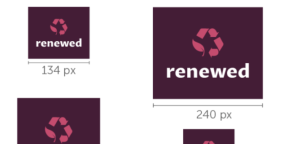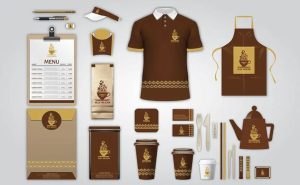Are you in need of a captivating logo for your logging company? A well-designed logo not only represents your brand but also leaves a lasting impression on your target audience. It serves as the visual identity of your business, conveying professionalism, reliability, and quality. In this article, we will explore creative logging logo ideas that will help your timber business stand out from the competition. From incorporating natural elements to utilizing symbolic imagery, we have got you covered. Let’s dive in!
1. Embrace Nature: Incorporating Trees and Forests
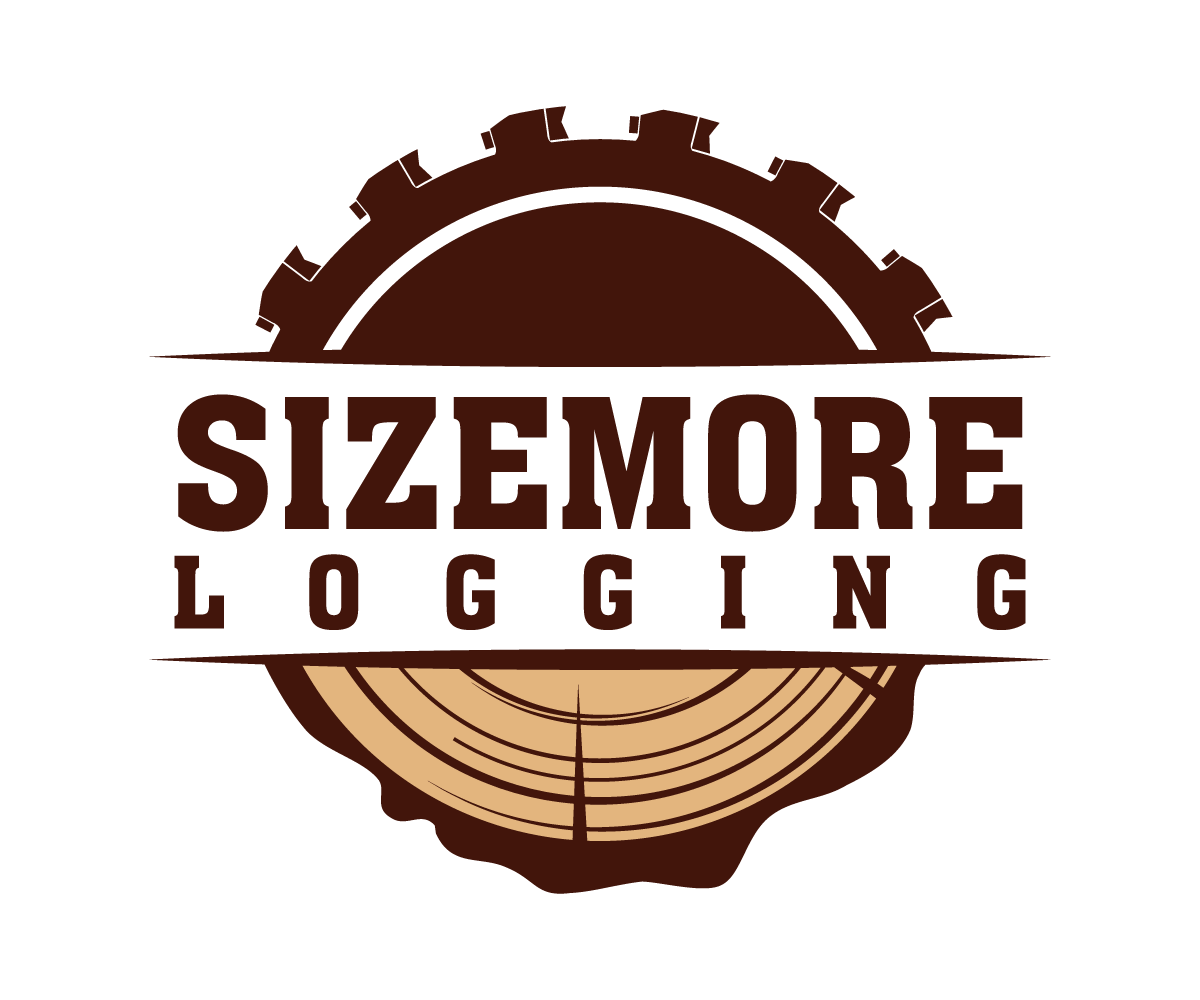
When it comes to logging logo designs, incorporating elements of nature is a popular choice. Trees and forests are an ideal representation of the timber industry and can instantly communicate the focus of your business. Here are a few ideas to consider:
a. Majestic Tree Silhouettes
Silhouettes of tall, strong trees can create a powerful and eye-catching logo. By using clean lines and minimalistic design, you can effectively convey the essence of your logging business. Consider incorporating a single tree or a group of trees to symbolize growth, strength, and longevity.
b. Forest Landscapes
A logo featuring a forest landscape can evoke a sense of connection with nature, emphasizing your commitment to sustainable logging practices. This approach can be particularly effective if your business operates in a specific location known for its lush forests. Ensure the logo maintains a balance between simplicity and detail to avoid overwhelming the viewer.
2. Tools of the Trade: Axes, Chainsaws, and Logs
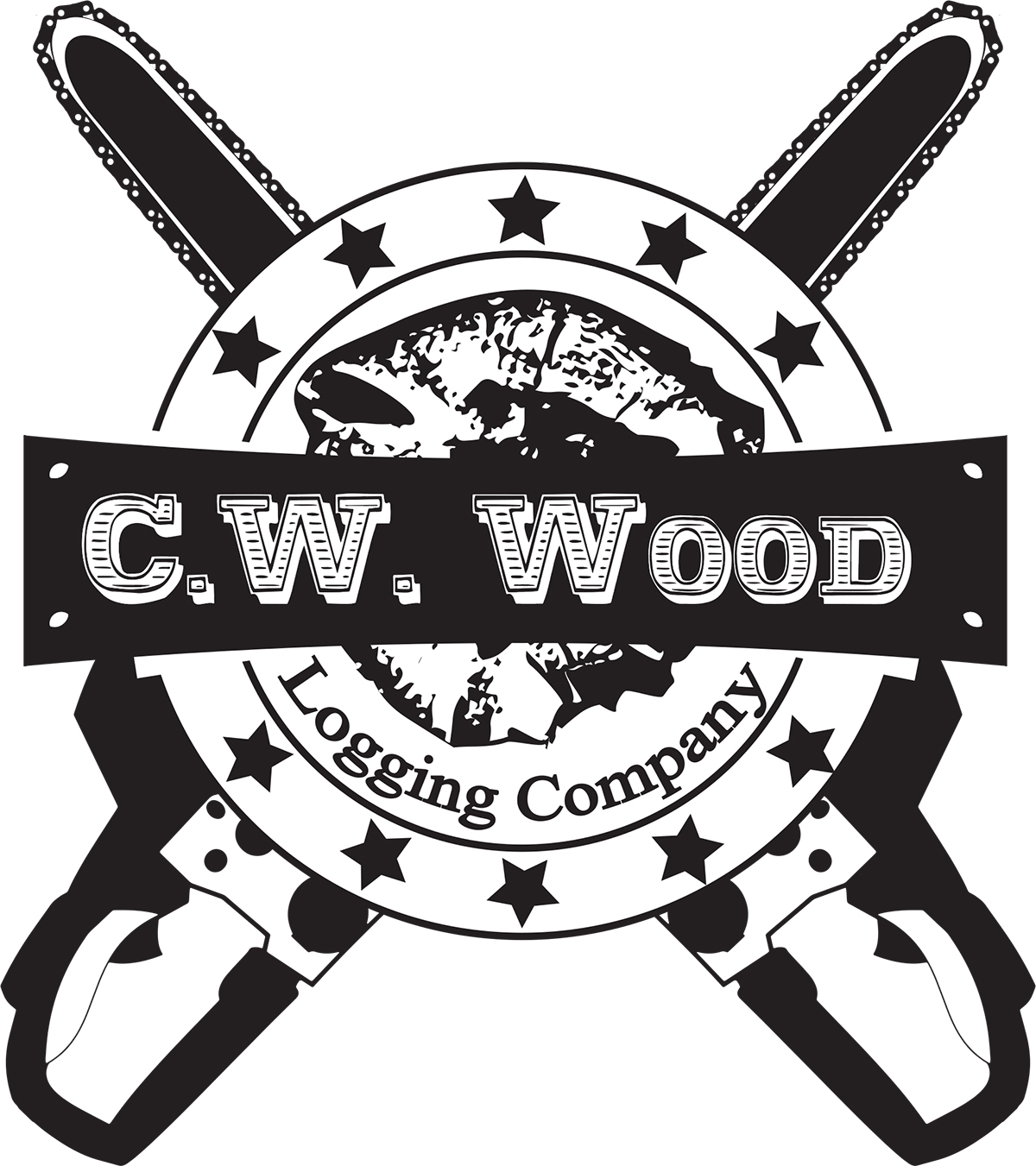
Incorporating tools of the trade into your logo design can instantly convey the nature of your logging business. Axes, chainsaws, and logs are all symbolic of the industry and can help create a logo that is both visually appealing and relevant. Here are a few ideas to consider:
a. Axe or Chainsaw Logos
Including an axe or chainsaw in your logo design can represent the hard work and dedication required in the logging industry. These tools can be stylized or abstracted to create a unique and memorable logo. Consider incorporating the tool into the negative space of the logo or using it as a letterform.
b. Log Stack Logos
Using stacked logs in your logo design can emphasize the physical aspect of logging. This approach can create a sense of stability and structure, while also representing the raw materials your business works with. Experiment with different arrangements and perspectives to find a design that suits your brand.
3. Symbolism: Strength, Growth, and Sustainability
Symbolism can be a powerful tool in logo design, allowing you to convey deeper meanings and emotions to your audience. By carefully selecting symbols that align with your brand values, you can create a logo that resonates with your target market. Here are a few ideas to consider:
a. Tree Rings
Tree rings are not only visually appealing but also symbolize growth, resilience, and the passage of time. Incorporating tree rings in your logo design can communicate the longevity and experience of your logging business. Consider using them as a background element or integrating them into the typography.
b. Leaves and Branches
Leaves and branches are versatile symbols that can represent growth, sustainability, and connection to nature. Incorporating them into your logo design can add a touch of elegance and create a sense of harmony. Experiment with different leaf shapes and arrangements to find a design that reflects your brand identity.
4. Typography: Bold and Memorable
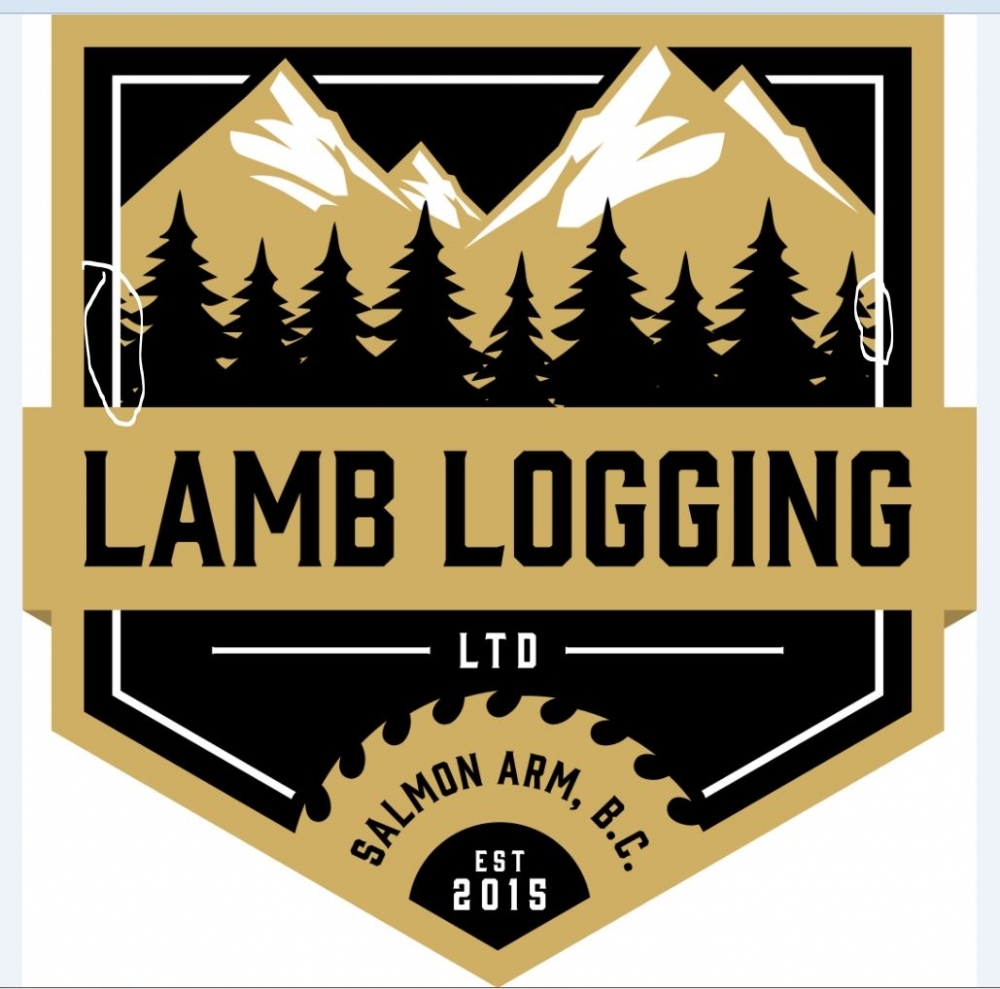
Choosing the right typography for your logging logo is crucial in conveying the desired message and creating a memorable brand identity. Here are a few typography ideas to consider:
a. Strong and Bold Fonts
Bold and strong fonts can effectively communicate the power and reliability of your logging business. Opt for thick, heavy-weight fonts that stand out and make a statement. Avoid overly decorative or intricate fonts that may be difficult to read when scaled down.
b. Nature-Inspired Fonts
Nature-inspired fonts can add a touch of organic beauty to your logging logo. Look for fonts that mimic the shapes and forms found in trees, leaves, or wood grain. These fonts can help reinforce the connection between your business and the natural world.
5. Color Palette: Earth Tones and Natural Hues
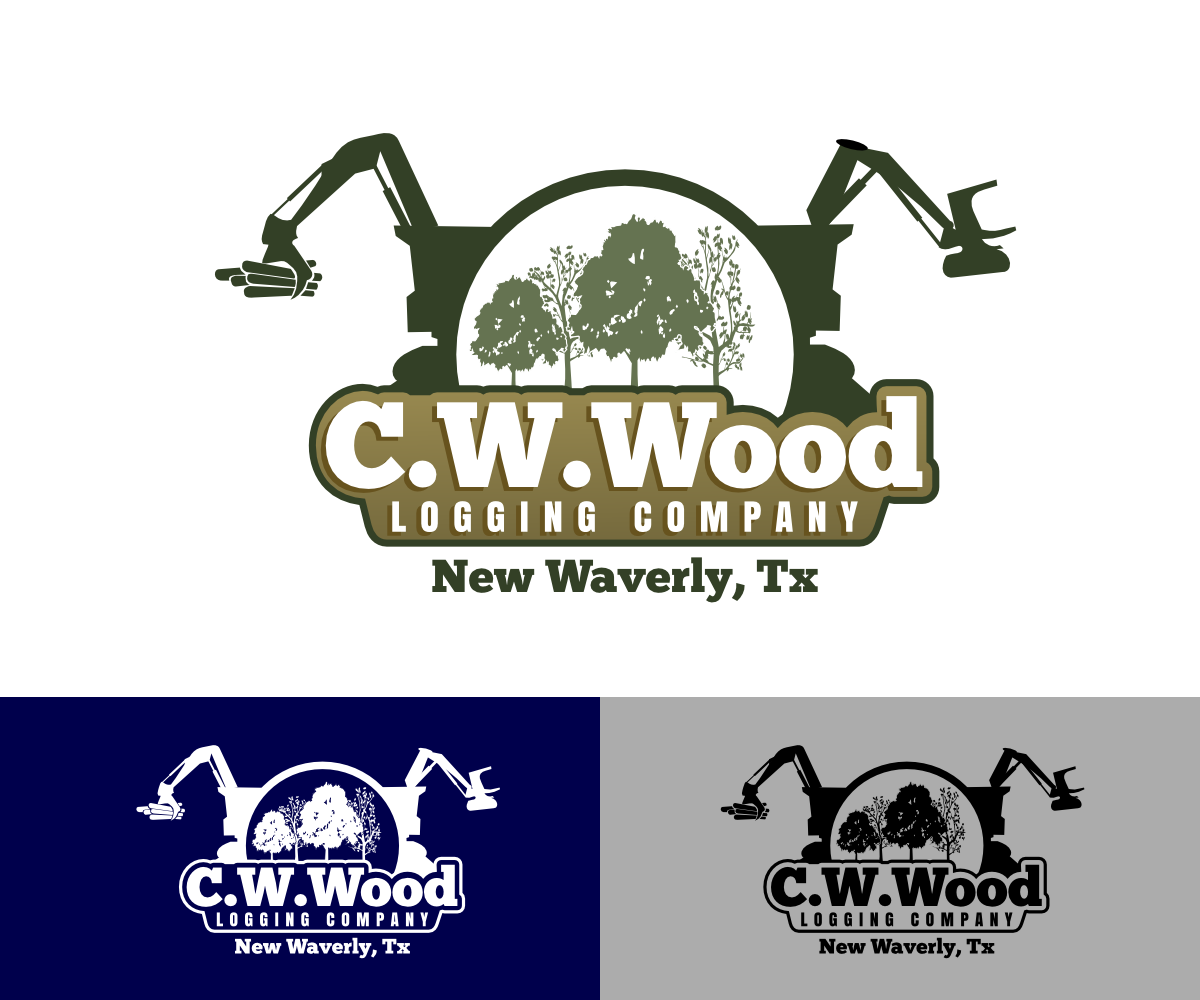
Choosing the right color palette is essential in creating a visually appealing and cohesive logo design. Earth tones and natural hues are often associated with the logging industry and can help convey a sense of authenticity and connection to the environment. Here are a few color palette ideas to consider:
a. Shades of Green and Brown
Green and brown are classic colors associated with nature and the timber industry. These colors can evoke feelings of growth, stability, and sustainability. Experiment with different shades and combinations to find a palette that reflects your brand identity.
b. Accents of Blue or Red
Incorporating accents of blue or red can add visual interest and a pop of color to your logging logo. Blue can symbolize trust, reliability, and professionalism, while red can represent strength, energy, and passion. Use these colors sparingly to create a focal point or draw attention to specific elements of your logo.
Conclusion
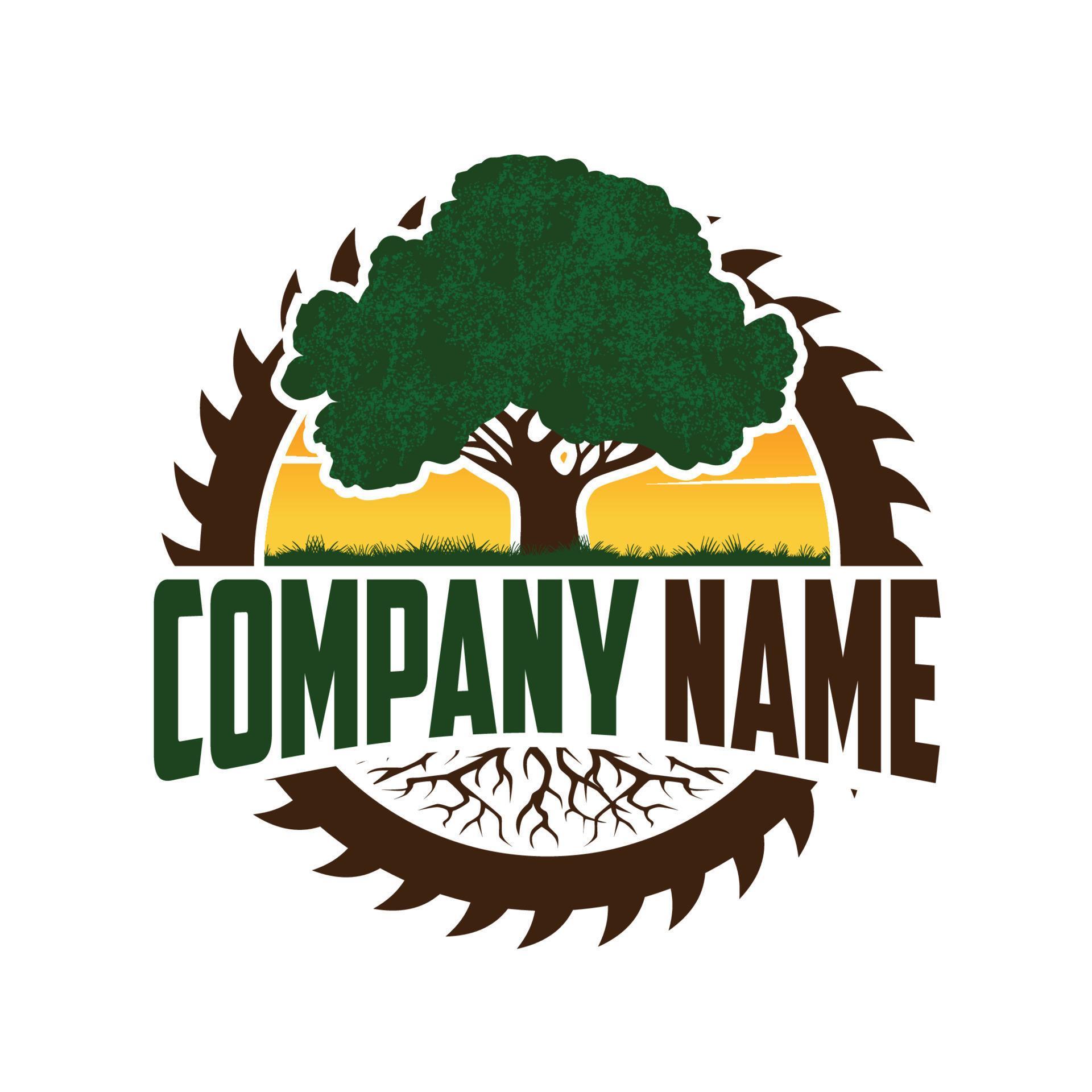
Designing a compelling logging logo requires careful consideration of various elements, such as nature, tools of the trade, symbolism, typography, and color. By incorporating these ideas and tailoring them to fit your brand identity, you can create a logo that effectively represents your logging business and leaves a lasting impression on your target audience. Remember to keep your design simple, versatile, and memorable. Good luck in crafting a logo that stands tall in the timber industry!
Barry Edwards is a digital marketing expert with a deep understanding of content strategy, logo, and branding principles. Holding a Bachelor’s degree in Marketing from Beaconhill College, he offers valuable insights on digital marketing trends and strategies through his writing. Follow Barry’s work to stay updated on the latest in online marketing and branding.

